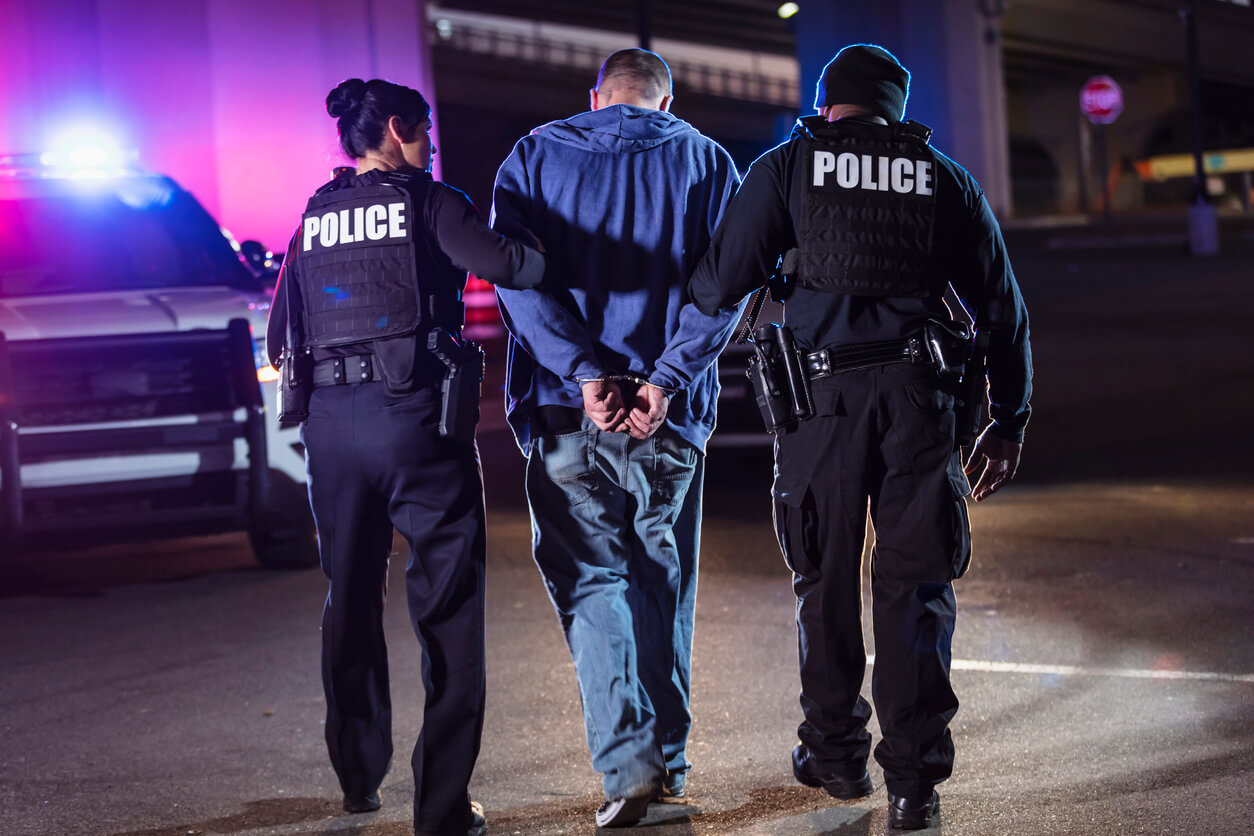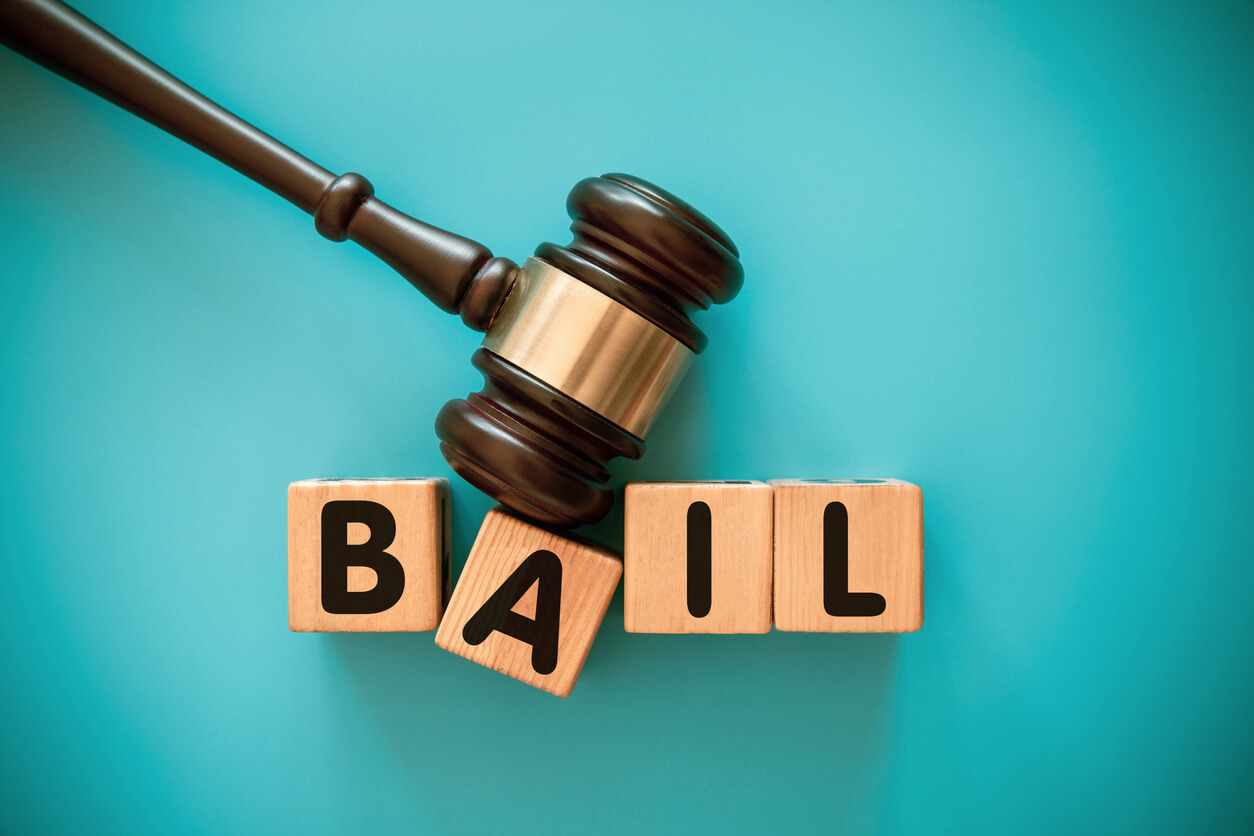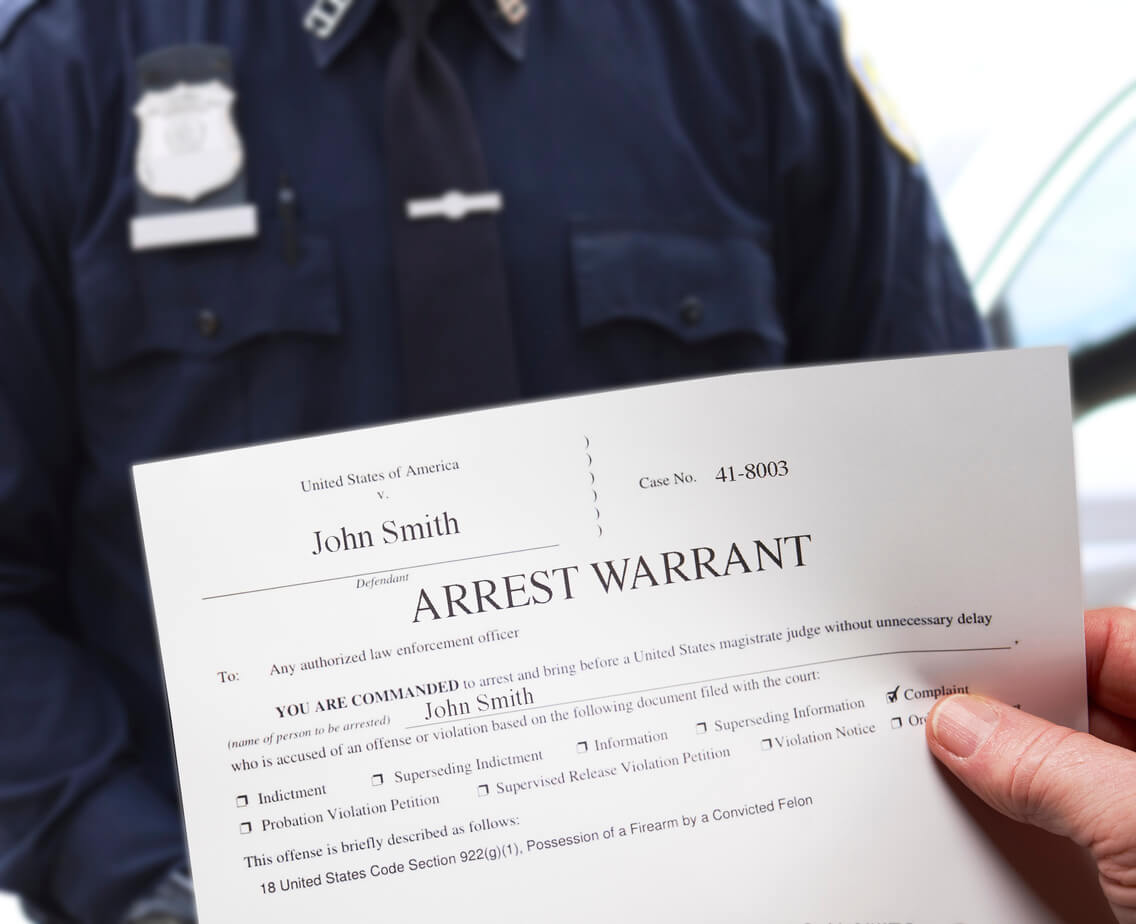In North Carolina, as in many other states, the law allows individuals to defend themselves and others in certain situations where deadly force is deemed necessary. This legal concept is known as justified homicide or self-defense. However, understanding when and how justified homicide applies is crucial to avoiding legal repercussions and ensuring justice is served. Here’s what to know about justified homicide in North Carolina.
Understanding Justified Homicide
Justified homicide, also referred to as self-defense, is a legal defense that can be invoked when a person uses deadly force to protect themselves or others from imminent harm. North Carolina law recognizes the fundamental right of individuals to defend themselves and others from unlawful aggression.
Stand Your Ground Law
North Carolina follows a “stand your ground” law, which means individuals are not required to retreat from a threat before using deadly force if they reasonably believe it is necessary to prevent death, serious bodily harm, or a forcible felony. This law allows individuals to defend themselves in places where they have a lawful right to be without fear of prosecution.
Castle Doctrine
In addition to the stand your ground law, North Carolina also has a castle doctrine, which applies specifically to self-defense within one’s own home, vehicle, or workplace. Under the castle doctrine, individuals have no duty to retreat and may use deadly force against intruders if they reasonably believe it is necessary to prevent imminent death, serious bodily harm, or a forcible felony.
Requirements for Justified Homicide
For a homicide to be considered justified under North Carolina law, certain criteria must be met:
- Imminent Threat: The threat of death, serious bodily harm, or a forcible felony must be imminent and unavoidable. In other words, there must be an immediate danger that cannot be reasonably avoided or defused by other means.
- Reasonable Belief: The person using deadly force must have a reasonable belief that such force is necessary to protect themselves or others from the imminent threat. This belief is assessed based on what a reasonable person in the same situation would perceive.
- Proportionality: The level of force used must be proportionate to the threat faced. Deadly force should only be used when there is no reasonable alternative and when lesser means of defense would be insufficient to stop the threat.
Legal Consequences
If a homicide is deemed justified under North Carolina law, the person who used deadly force is not subject to criminal prosecution or civil liability for their actions. However, it’s essential to understand that each case is unique, and the determination of whether a homicide is justified depends on the specific facts and circumstances surrounding the incident.
The Attorneys at Hancock Law Firm, PLLC Help Those in North Carolina Who Have Employed Self-Defense
If you have been involved in a situation where deadly force was used in self-defense or defense of others, it’s crucial to seek legal guidance from an experienced attorney familiar with North Carolina’s self-defense laws. A skilled attorney can help you understand your rights, navigate the legal process, and ensure that your actions are properly justified under the law.
At Hancock Law Firm, PLLC, we fully understand what is at stake and will do everything that we can to help you. To learn more or to schedule a free consultation with a criminal defense attorney, contact us today!










